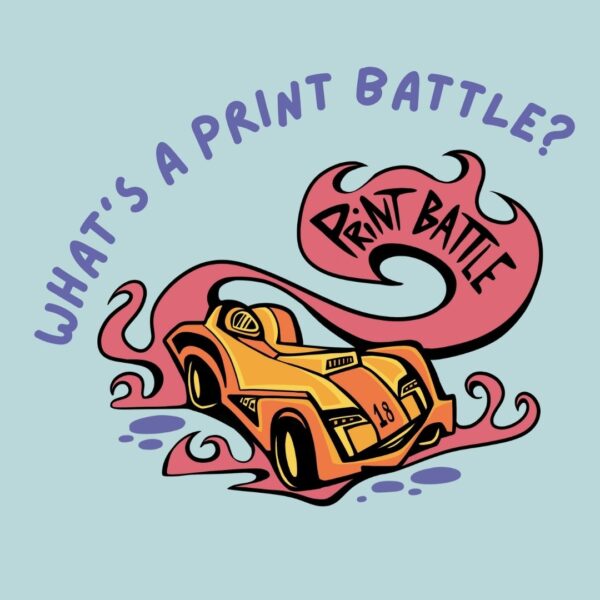If we are lucky, our work becomes larger than we are and takes on a life of its own. Sometimes we know this at the outset and sometimes we come to know as the work moves forward. I’m thinking here of Walt Whitman and his Leaves  of Grass, which started as a slim and youthful volume of poems. Whitman revised this modest book until, on his deathbed, book had grown weighty, to over 400 poems. Over his lifetime, as Whitman had hoped, the work had grown with him. Pianist Jonathan Biss might similarly be embarking on this sort of life’s work. At 33 he is undertaking to record all of Beethoven’s Piano Sonatas, a project scheduled to take nearly a decade.
of Grass, which started as a slim and youthful volume of poems. Whitman revised this modest book until, on his deathbed, book had grown weighty, to over 400 poems. Over his lifetime, as Whitman had hoped, the work had grown with him. Pianist Jonathan Biss might similarly be embarking on this sort of life’s work. At 33 he is undertaking to record all of Beethoven’s Piano Sonatas, a project scheduled to take nearly a decade.
I was taking a MOOC on Beethoven’s Piano Sonatas and thought I would do a little extra reading on my own. The simplest Google search brought me to a book written by course’s instructor, Jonathan Biss. At $1.99 it didn’t seem like much of a risk, so I downloaded it. I didn’t know who Biss was before I took the course, so I had no idea what to expect. Beethoven’s Shadow is an odd little book. It is not a full-length collection of essays; it is not a full-length book at all. Instead, it is a long essay, a meditation really, on what it feels like to play Beethoven. Biss opens the book with an anecdote about one day in the recording studio in which he became completely unmoored by the experience of recording Sonata Opus 109. Biss writes:
“The microphone is so often likened to a mirror not only because it exposes flaws, but because it is so passive in its judgment — it offers no response. An audience can be an intimidating thing, but it feels, and one can feel it feeling. But the microphone has no feelings, no agenda — it is merely one’s own doubt reflected back.”
The book continues in this vein, addressing what it is like to interpret a genius. I don’t know if Beethoven was a genius or not. I don’t really care. What is interesting, though, is reading the someone who experiences transcendence with Beethoven’s work. This is a good thing, because Biss is scheduled to record all of the sonatas over the next nine years, a project he looks at with a bit of trepidation. To complete this task, Biss who is now only 33 will have to set aside nearly a whole decade to Beethoven. Our laser focus on certain things, perhaps we might call these our passions, by extension must exclude other experiences. Part of the subtext of the book is Biss’s asking the reader to question our own choices. What is it that we love? What art moves us beyond reason? What is it that we exclude in our pursuit of that which we love? And lastly, is it worth it?
Biss is an excellent writer and does a great job of placing the reader somewhere they might not otherwise have been, like a recording studio or on the stage at a concert hall. At the end of this book, I knew a little more about Beethoven, but a lot more about the what it means to undertake a creative project that might truly end up being a life’s work.
Beethoven’s Shadow, by Jonathan Biss
Rosetta Books, Kindle Single
December 2011
56 print pages
$1.99
- Rijksmuseum - June 18, 2014
- Book Review: Whitney Biennial 2014 - May 21, 2014
- Arts/Industry - April 16, 2014




